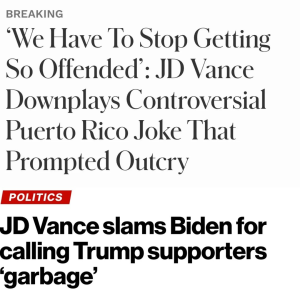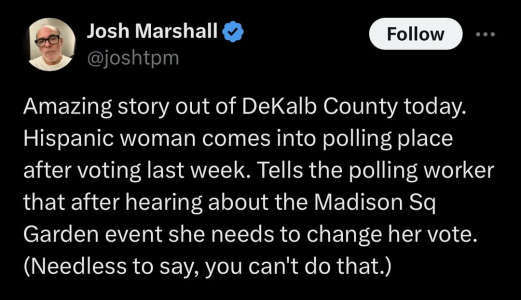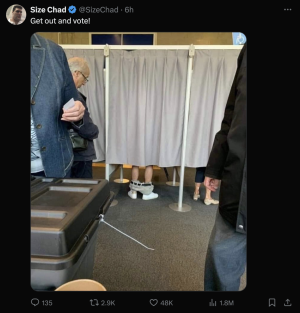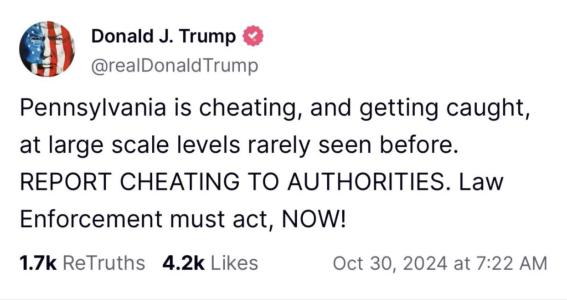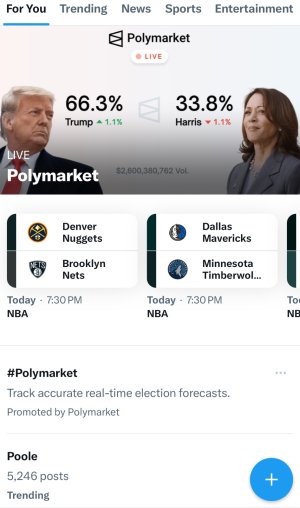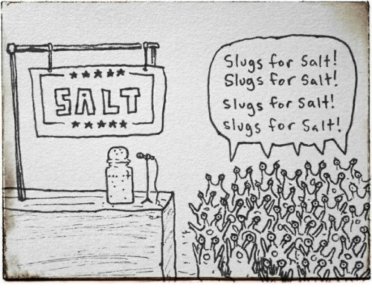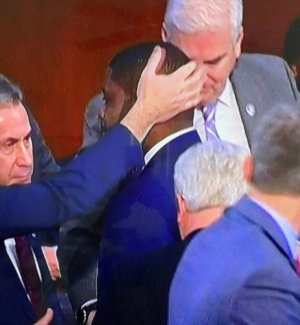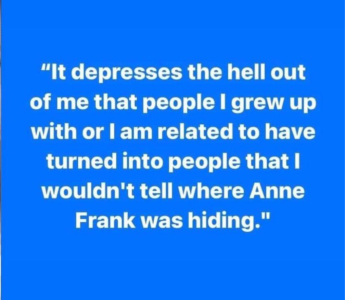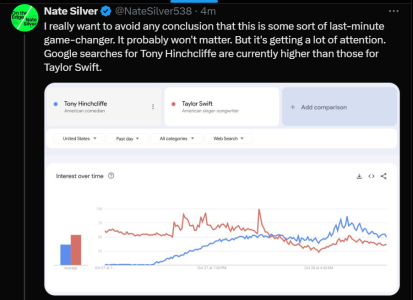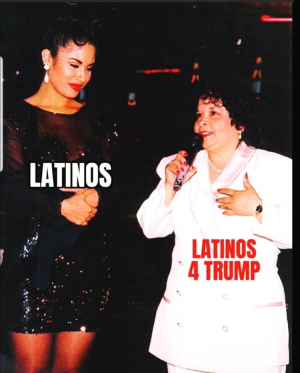http://www.fox5atlanta.com/news/i-t...-000-in-insider-loans-to-bank-he-helped-start
Brian Kemp owes more than $800,000 in insider loans to bank he helped start
By:
Dale Russell

Brian Kemp accepts the Republican nomination for Georgia governor following the runoff on July 24, 2018.
But, we decided to examine some two million dollars’ worth of insider loans Kemp's companies borrowed from a bank he helped start.
It was a financial free fall that America hadn't seen since the 1930's. In 2008 the stock market collapsed. People lost their homes. Massive banks went under. The great recession was underway.
As the financial pain galvanized the country, companies linked to Georgia businessman Brian Kemp's companies, according to land records and candidate filings, began taking car, property, and real estate development loans totaling more than 2 million dollars, from a community bank in Athens Georgia: First Madison Bank and Trust.
It was a bank he knew well. Kemp was a founding board member and a stockholder.

Kemp, Abrams neck and neck in governor's race poll
Abrams defends burning Georgia flag in '92
Trump endorses Kemp in Georgia governor's race
Kemp is a real estate investor and property manager. According to his financial disclosures, companies linked to Kemp borrowed millions from more than half a dozen banks. But we were curious about the loans with his own bank. These so-called "insider loans", while perfectly legal, are heavily regulated.
“The banks argue this is an opportunity for the bank to have a strong loan on the books,’ says Emory University finance professor Rohan Ganduri.
Ganduri says bank loans to insiders, like Kemp, are governed by Federal Reserve laws. He says some bankers like making these loans to wealthy board members and shareholders since they're good credit risks and wouldn't want to harm the bank. But others worry about insider loans for one main reason.
“There are potential conflicts of interests. The insiders can treat these loans as a private piggy bank,” says Ganduri.
Ganduri says the Federal reserve sets strict requirements that loans be on the same terms a bank would give any other borrower. In short: no special terms or advantages.
So, we asked Brian Kemp's campaign staff to disclose the terms of his insider loans, to see if he was treated just like any other customer. They refused to share the information.
Sarah Henderson, executive director of good government group, Common Cause, says Kemp should discuss his loans.
“If there is nothing that you are hiding that he feel is in bad faith. Discuss it,” says Henderson
Sara Henderson thinks Kemp should explain what kind of deals the bank gave on the money and why it hasn't all been paid it off.
“He's not a private citizen. He's the secretary of state. He has an obligation not only as a candidate, but as a sitting constitutional officer to be transparent with voters of Georgia the citizens of Georgia,” says Henderson.
The two biggest loans made to companies linked to Kemp were made as the economy was collapsing in 2007 and 2008.
“I know for a fact it was very hard to get credit during this time,” says Ganduri.
The first loan was for lake land near the South Carolina border. Kemp is part owner of Shelter Rock which borrowed more than 1.3 million dollars from First Madison Bank in September 2007. The Deed showed the money was to be repaid one year later - in 2008.
But, six years later the bank modified that loan giving Shelter Rock more time.
But, when Kemp filed his 2017 financial disclosure, a decade after the original loan, Shelter Rock still owed the bank $675,938. And today, Kemp is trying to sell lake lots.
“One needs to look at the terms. Terms are very important, says Ganduri. When we pointed out Kemp’s team wouldn't disclose the terms to us, he responded: “Yes. That could be an issue.”
The second loan was made in 2008 to Specialty Stone, a company co-owned by Kemp. Kemp signed the First Madison Bank deed securing the debt. That deed showed the maximum amount the company could borrow on that loan was "Unlimited."
“That's not very typical,” says Ganduri.
Kemp's financial disclosures reflect Specialty Stone borrowed a total $202,662 in August of 2009. The plan was to pay it all back by 2012.
But, Kemp’s latest disclosure shows Specialty Stone still owes First Madison Bank a total of $97,724.
We tried one last time to get answers. Our anchorman, Russ Spencer, sat down to talk with Brian Kemp to talk about the campaign and he asked him about those insider loans.
“Those loans are backed, there are auditors who audit the bank, just like other members of the board of directors with that bank. I do too. But, I have loans with many other banks. There is no insider deal. This is normal business practices,” says Kemp.
But Kemp's campaign staff didn't want any more questions about those loans. Interview over. A bank spokesperson would not comment. So, we don't know the details about Brian Kemp's companies’ insider loans.













